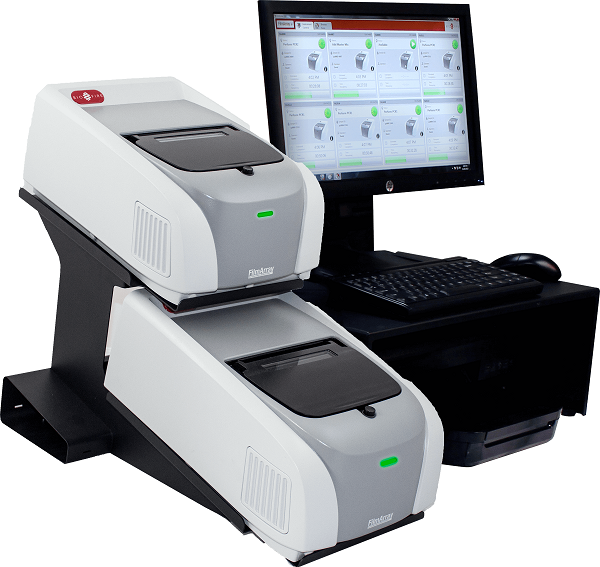There are high rates of antibiotic prescribing in primary care and the UK government has called for the introduction of rapid diagnostics to curb overuse.
The RAPID-TEST study, published in the journal Family Practice today [4 March] evaluated the use of the BioFire® Filmarray® v1.7 (bioMérieux) microbiological point-of-care test in four GP practices in the South West of England over a six-week period.
The test uses swabs from the nose and back of the throat and gives results in around 65 minutes. It can detect 17 different types of respiratory virus and three atypical respiratory bacteria. It does not test for the most typical bacteria that cause respiratory infections because these can also live harmlessly in the nose and throat.
The aim of the study was to assess the feasibility of using the test in primary care in preparation for a clinical trial, to find out what GPs and nurses thought about using it, and whether test results changed clinical decisions about diagnosis and treatment.
Of the 93 patients tested (median age 29), 58% had at least one virus, 37% tested negative for any virus or bacteria, 3% had an inconclusive result and 2% had an atypical bacteria. Before the test, clinicians prescribed antibiotics to 35% of patients who, after the test, were found to have no pathogen, and to 25% of patients who, after the test, were found to have a virus, demonstrating the potential of the tests to reduce unnecessary antibiotic prescribing.
The study also found that clinicians changed the diagnosis in one in five patients following testing, and they were more certain of the diagnosis after testing, especially when a virus or bacterium was detected.
During interviews, GPs and nurses said they liked the test and found it easy to use but wanted results faster and to be able to test for typical bacteria.
Alastair Hay, Professor of Primary Care at the Centre for Academic Primary Care, who led the study, said: “Point-of-care tests for multiple respiratory viruses and bacteria are available in the UK but mainly used in hospital settings. Our study is the first to assess the feasibility of their use in primary care. The results show the potential of these tests to improve diagnostic certainty and reduce unnecessary antibiotic prescribing, which is vital in the global fight against antimicrobial resistance.
“This was a small-scale feasibility study and clinical trials are now needed to see if these point-of-care tests can safely and cost-effectively reduce antibiotic prescribing in primary care.”
Lord Jim O’Neill, Chair Chatham House, who led an independent review into antimicrobial resistance in the UK from late 2014 to September 2016, said: “ I have long since believed in quick, affordable, state-of-the-art, point-of-care diagnostics, so I hugely welcome this study and its findings. I hope this unlocks so much more in the area, which is crucial to meeting the challenge of antimicrobial resistance.”
Paper: Novel multi-virus rapid respiratory microbiological point-of-care testing in primary care: a mixed methods feasibility evaluation by Tanzeela Y Kahlid, Lorna J Duncan, Hannah V Thornton, Gemma Lasseter, Peter Muir, Zara Abigail Toney and Alastair D Hay. Published in Family Practice. 4 March 2021.
Listen to the podcast, in which Lord Jim O’Neill interviews Professor Alastair Hay about the study.
